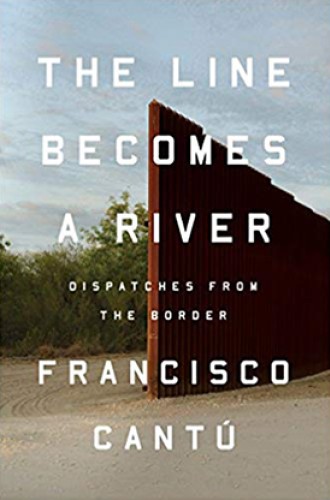On patrol at the border
When Francisco Cantú took a job as a border patrol agent, he didn’t consider the cost to his humanity.
When Donald Trump was running for president, he often told the people at his campaign rallies that his administration would “build a great, great wall on our southern border.” This was one of his most crowd-pleasing lines. But what is the border—in our imaginations, in our hearts, and in reality? What is it geographically? Historically? Personally? Francisco Cantú explores these questions in his deft, imaginative, and compelling memoir of his time as a border patrol agent.
Cantú opens with a visit that he and his mother make to Ciudad Juárez, Mexico, just before he enters the border patrol academy. He is a recent college graduate who majored in international relations and border studies and who craves a more concrete understanding of how the border has shaped him and his family. His mother is no fan of his decision. She worries about the toll working as a border patrol agent might take on him, both physically and emotionally. She is not wrong, but Cantú is eager to test himself against his ideas.
As the pair make stops along the way to Juárez, they are warned, “Juárez is dangerous.” While they are there, his mother steps into a pothole and twists her ankle in the middle of a busy street. Cantú panics. She can’t walk. Cars are starting to race toward them from a stop light that has just turned green. Help appears from everywhere. A woman bends down to calm Cantú’s mother. A man helps Cantú pick her up and carry her across the street. Another gets out of his truck to direct traffic. After they have safely helped his mother to the other side, one of the men turns to the pair and says, “In Juárez, we take care of one another.” Then he invites them to his market stand for quesadillas.





